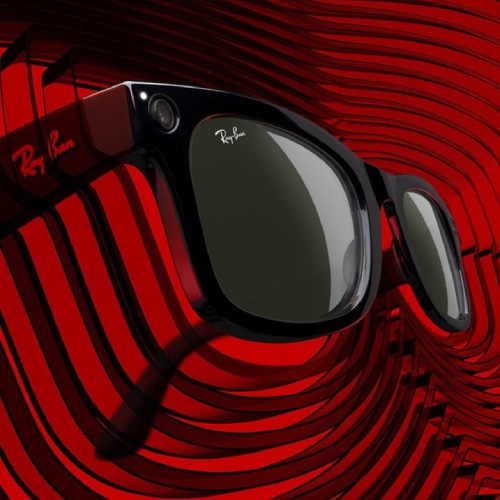
It has the feel of a 3AM conversation in university housing. "What if your Ray-Bans could broadcast directly to Facebook: good idea or bad?" Except it's now being played out in real life for our edification.
Facebook has announced Ray-Ban Stories will start at $299 and be available in 20 style settings in the US, UK, Ireland, Australia, Canada and (the fashion mavens of Milan will be glad to know) Italy.
The sunglasses feature dual five-megapixel cameras that can take pictures and record 30-second videos, using either a capture button or with Facebook Assistant voice commands. So you can simply say, "Hey Facebook, take a video."
The idea is you can leave your mobile in your bag, but still capture fleeting moments that arise. There are open-ear speakers, a three-microphone audio array, and a background noise suppression algorithm.
Making a spectacle
Let's just say the jury's still out on whether this represents technological progress for the good of humanity. It's always good to see your new product noticed by Amnesty. But not so good when the world's largest human rights organization tweets: "Facebook is a surveillance advertising company whose business relies on exploiting our data and invading our privacy on a vast scale … @ray_ban have you thought this through?"
The FT's tech editor Malcolm Moore was a bit less polite. "So you are a creep who wants to film people while looking like you are wearing a perfectly standard pair of glasses. Facebook and Ray-Ban have your back," he tweeted.
While there is an LED that lights up on the glasses when you're recording, some think that's still far too subtle. However, Zuckerberg argues that since you must use your hand or voice command to activate the camera, it's still more obvious than taking photos with your phone.
Once upon a time, bars in San Francisco barred Google Glass wearers from entry (the unkind phrase "Glassholes" was current). Sergey Brin introduced those while jumping out of an airplane in 2012, and the downward trajectory stuck.
Snap's Spectacles in 2016 suffered a similar ignominy.
One can sort of see, from this legacy and Facebook's travails with users' personal data, why these are being branded as Ray-Ban Stories, rather than the Facebook label. In a day where Ray-Ban features as heavily as carnal lust in our spam folders, this says something.
These glasses don't offer augmented-reality features, but for Zuckerberg they are a way station to a product that does. The tech company that can first add a virtual overlay on to the world people see in front of them could hope to win big.
Mixing the virtual and actual worlds into what Facebook's head calls a "metaverse" isn't what Zuckerberg's new Ray-Bans do. But maybe their chief significance is as a sign of where he'd very wishfully like to be heading.
Related posts:
— Padraig Belton, contributing editor, special to Light Reading
About the Author(s)
You May Also Like











